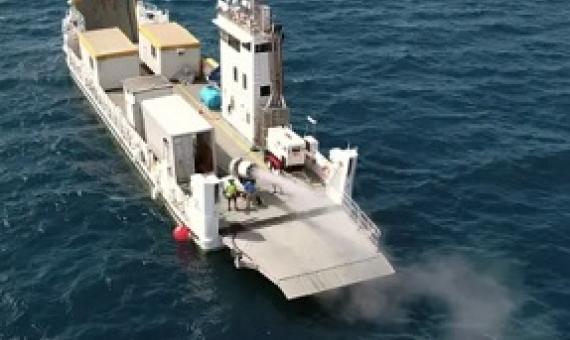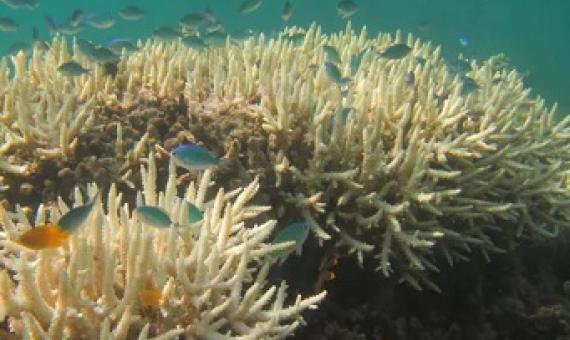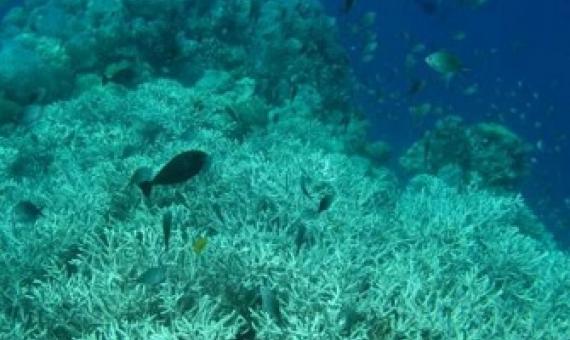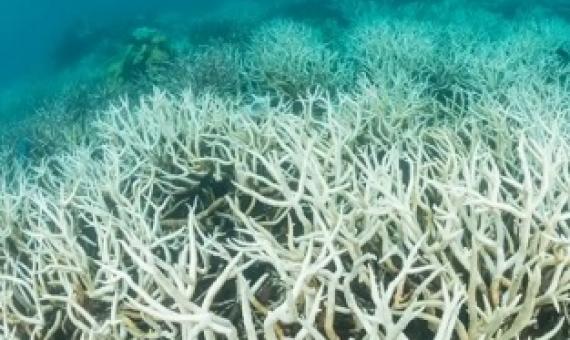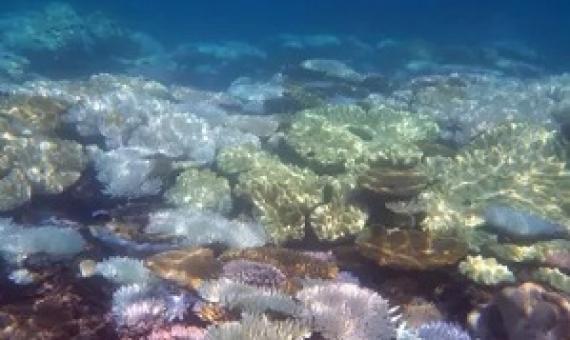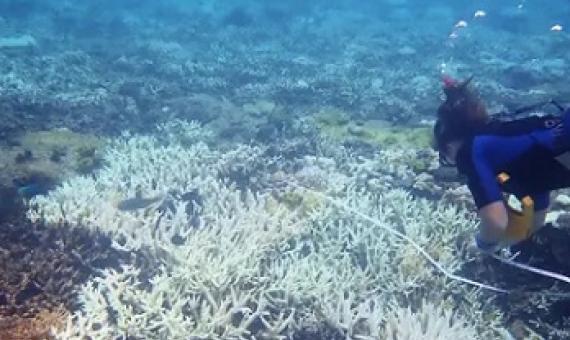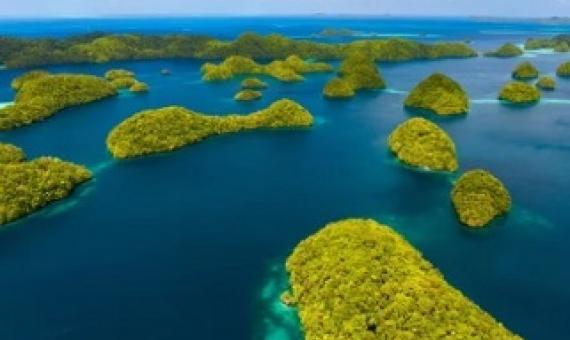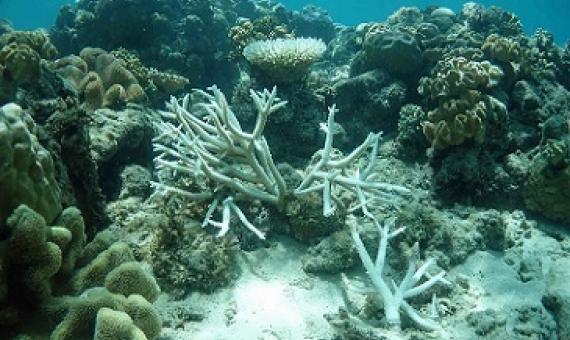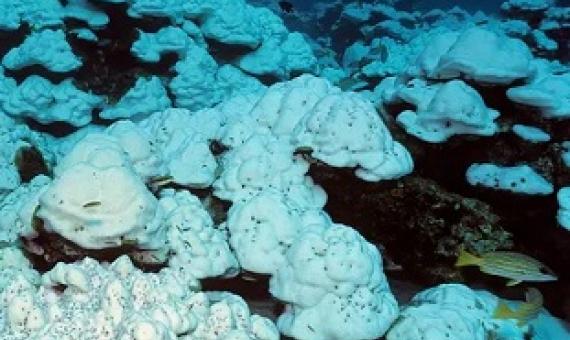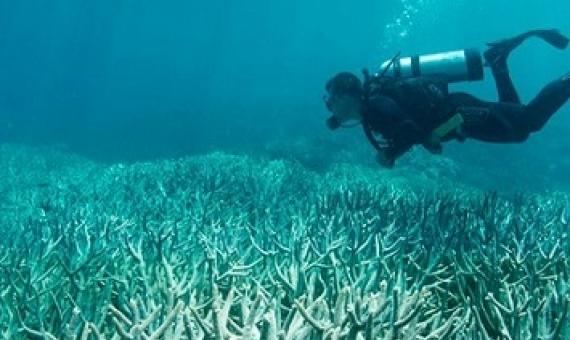Scientists have carried out a trial of prototype cloud brightening equipment on the Great Barrier Reef they hope could be scaled up to shade and cool corals and protect them from bleaching caused by rising global temperatures.
The Great Barrier Reef is suffering its third mass bleaching event in five years. It follows the record-breaking mass bleaching event in 2016 that killed a third of Great Barrier Reef corals, immediately followed by another in 2017.
The existence of coral reefs, in all their abundant biodiversity and beauty, relies largely on a complex symbiosis between reef-building corals and microalgae.
Rising ocean temperatures could have pushed the world’s tropical coral reefs over a tipping point where they are hit by bleaching on a “near-annual” basis, according to the head of a US government agency program that monitors the globe’s coral reefs. Dr Mark Eakin, coordinator of Coral
The government agency responsible for the Great Barrier Reef has confirmed the natural landmark has suffered a third mass coral bleaching episode in five years, describing the damage as “very widespread”.
The Great Barrier Reef has experienced a third mass coral bleaching event in five years, according to the scientist carrying out aerial surveys over hundreds of individual reefs.
Humanity is waking up to the crisis happening in our oceans. Warming and rising seas, acidification, plummeting fish stocks, and pollution are finding more space in newspapers and on political agendas. For small island states such as Palau, however, no such awakening was needed.
The Great Barrier Reef is still at risk of a widespread outbreak of coral bleaching despite a cyclone to the far west helping to temporarily cool stressed corals, according to US and Australian science agencies.
The Great Barrier Reef could be heading for a third major coral bleaching outbreak in the space of five years if high ocean temperatures in the region do not drop in the next two weeks, scientists and conservationists have warned.
Aerial surveys by the Australian Research Council Centre of Excellence for Coral Reef Studies in Townsville, Australia, revealed that two-thirds of the Great Barrier Reef had severely paled in 2016 and 2017, “bleaching” under the extreme stress of marine heat waves that can kill corals.

